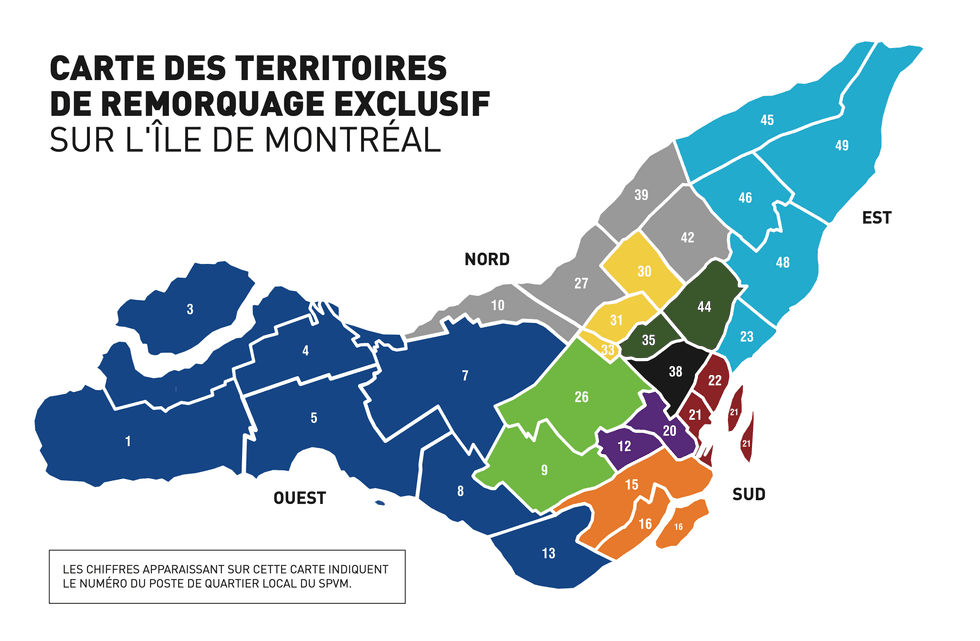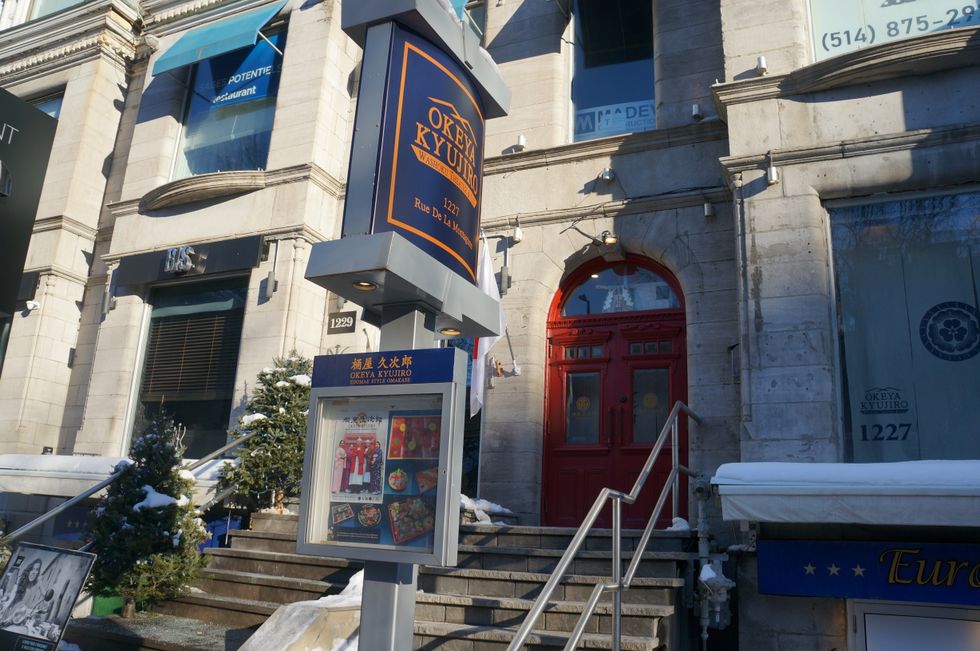Editor's Choice: There's A 'Versace Manor' For Sale In Montreal & It's Just As Extra As You Think (PHOTOS)
MTL Blog spoke to Marina Boulos-Winton at Chez Doris to learn more about what shelters have experienced since March.
Chez Doris is a women's shelter that provides care to women in need. Services include meals, clothing and socio-recreational activities.
Answers have been edited and condensed for clarity.
What major changes has Chez Doris seen since the pandemic started?
"During 'normal circumstances,' Chez Doris welcomes on average 100 women per day, but since the pandemic, in order to ensure social distancing and the safety of our clientele, staff and volunteers, we had to limit the number of women inside to 40 and consequently focus on the most vulnerable: homeless women.
The pandemic has compelled us to find creative solutions for women experiencing homelessness in Montreal. Between March 17 and December 31, precisely 737 different homeless women have walked through our doors seeking help.
Consequently, our services have become increasingly adapted and expanded. For instance, since July 1, we have extended our hours and now serve dinner, and we now serve an average of 71 unique women.
Since December 1, we adapted our day shelter to offer a 24/7 service from December 1, 2020, to March 31, 2021, but since December 24 moved our services to a hotel where we rent a block of 40 rooms for increased safety precautions against COVID-19.
Moreover, we have implemented a housing program with the goal of placing 60 homeless women into long-term apartments by March 31.
How were the first two weeks of curfew with the influx of people who could no longer be on the street after 8 p.m.?
We have arranged for shuttle services to bring women to our hotel and other shelters. Consequently, we have not seen any major problems with our clientele.
However, since the curfew our Inuit clientele (they typically represent 20% of our clientele) use our services mostly in the day and evening for basic needs such as meals, showers, and clothing.
They are not using our overnight shelter due to combined reasons such as wanting to consume [substances], staying with friends, couch surfing, and using the temporary, additional overnight service offered by Projets autochtones du Québec which offers a low barrier service.
What are some ongoing challenges facing Chez Doris and other shelters in Montreal?
Under normal circumstances, at least 70% of our clientele is not homeless but the majority have experienced homelessness in the past. And so, the ongoing challenge is how to serve those in their apartments, many of whom also not have access to phones, wifi, TV, computers, etc.
Ongoing challenges facing our shelter and others are the many homeless and non-homeless people whom we serve with mental health and psychiatric issues in need of support. Moreover, we are all having logistical challenges with our human resources.
First, it is difficult to hire people who want to work in essential services and second, as soon as an employee becomes exposed to the virus, it means that we have to do contact tracing and temporarily lose other personnel as they have to self-isolate. As a result, many shelters are experiencing staff shortages.
Lastly, the ongoing challenge is really for the city and the Quebec government. The pandemic has exposed how pervasive homelessness is. Depending on the time of year, anywhere from 798 to 1,022 emergency beds are available for Montreal’s homeless population. There are now 2,254 emergency beds (a combination of both permanent and temporary beds), and this is still not enough.



